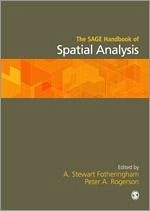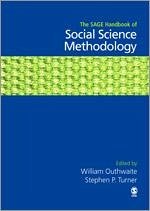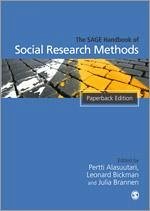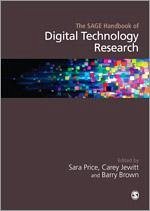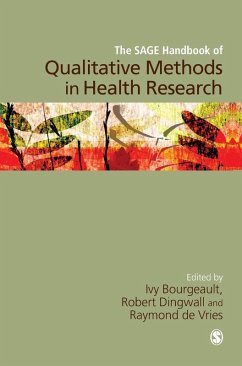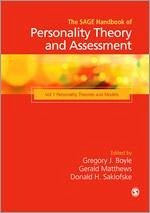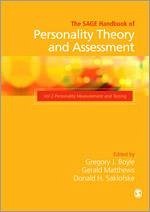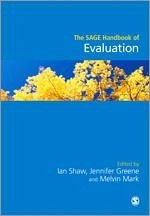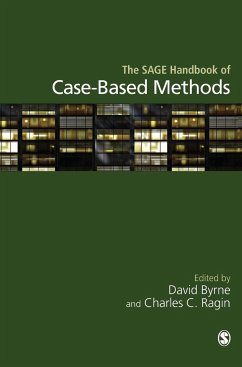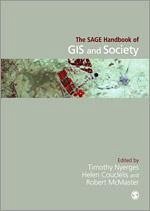A . Stewart Fotheringham / Peter A Rogerson (eds.)
Gebundenes Buch
The SAGE Handbook of Spatial Analysis
Versandkostenfrei!
Versandfertig in 1-2 Wochen
Weitere Ausgaben:

PAYBACK Punkte
82 °P sammeln!




This Handbook is designed to highlight current issues and techniques in spatial data analysis as well as highlighting future directions for research.
Professor A. Stewart Fotheringham Science Foundation Ireland Research Professor and Director, National Centre for Geocomputation, John Hume Building, National University of Ireland at Maynooth, Maynooth, Co. Kildare, Ireland. Professor Fotheringham′s research interests include: the integration of spatial analysis and GIS; spatial statistics; exploratory spatial data analysis; and spatial modelling. He has co-authored software on GWR that has been distributed to a wide variety of agencies and individuals throughout the world. He is an editor of Transactions in GIS, a co-editor of several books and a co-author of several others, including Quantitative Geography: Perspectives on Spatial Data Analysis (SAGE, 2000) and Geographically Weighted Regression: An Analysis of Spatially Varying Relationships (Wiley, 2002). He has published over 100 articles in refereed journals. Professor Peter A. Rogerson Department of Geography and National Center for Geographic Information and Analysis, State University of New York. Professor Rogerson′s research interests are in the areas of spatial statistics, spatial epidemiology, and demography. His most recent work has focused upon developing methods for the quick detection of emerging geographic patterns, and the application of these methods to finding clusters of crime and disease. He is the author of Statistical Methods for Geography (SAGE 2000), and his work has been published in refereed journals from a wide variety of disciplines, including statistics, planning, biology, psychology, astronomy, and epidemiology.
Produktdetails
- Verlag: SAGE Publications Ltd
- Seitenzahl: 528
- Erscheinungstermin: 22. Dezember 2008
- Englisch
- Abmessung: 250mm x 175mm x 33mm
- Gewicht: 1080g
- ISBN-13: 9781412910828
- ISBN-10: 141291082X
- Artikelnr.: 22839721
Herstellerkennzeichnung
Libri GmbH
Europaallee 1
36244 Bad Hersfeld
gpsr@libri.de
Für dieses Produkt wurde noch keine Bewertung abgegeben. Wir würden uns sehr freuen, wenn du die erste Bewertung schreibst!
Eine Bewertung schreiben
Eine Bewertung schreiben
Andere Kunden interessierten sich für




